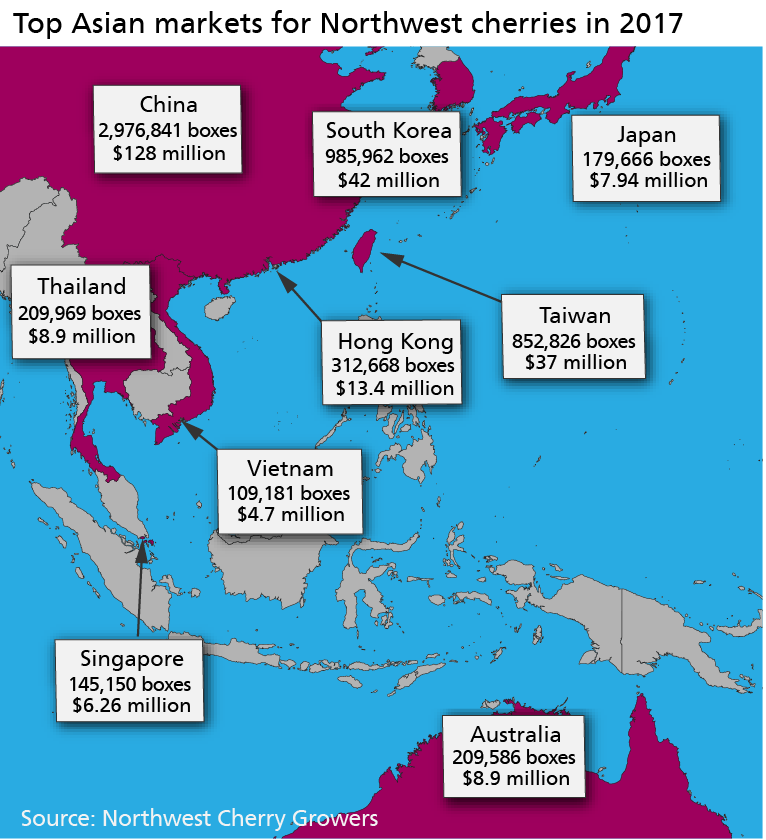Urban and agricultural areas need each other
It’s a story I’ve heard too many times in my own life and in the lives of the many small business owners I meet:
Person grows up in a small town. Person moves to a city or urban area for college or work. Person yearns to return to the small-town life they love or return to raise their children in the same environment they grew up. However, a lack of job opportunities makes this American Dream unattainable.
While it’s heartening to see many of our region’s major metropolitan areas flourish in this unprecedented booming economy, we need to include investment in rural communities as well.
By the Numbers
Forty-six million people live in rural America. And according to the U.S. Census Bureau, 54% of counties in Washington state, 69% of counties in Oregon, 80% of counties in Idaho, and the entire state of Alaska outside of Anchorage are defined as rural – a substantial segment.
Rural small businesses make a huge and critical impact on our region’s economy, the U.S. economy, and even the global economy.
For instance:
Of the top 10 exports from the state of Washington, six are agricultural products
Many of the top 10 exports from Oregon and Idaho are manufacturing products, a mainstay industry of rural communities
Of the top 10 exports from Alaska, seven are seafood products


Rural Industries Anchor Economies
While traditional rural sectors such as agriculture, mining and manufacturing employ a smaller percentage of the population than before, they continue to anchor the economies of more than half of the nation’s counties, including right here in our own backyard.
Our strength depends on our rural communities’ ability to thrive in the new global economy, build and attract an educated workforce, expand its population base, and use its diverse and abundant natural resources to provide food, fiber, forest products, energy and recreation.
Rural communities face economic challenges different from those in urban areas. Access to public transportation, housing, higher education and job training may limit rural areas’ abilities to thrive economically.
Resourcefulness, innovation, common-sense problem-solving and a reverence for hard work are familiar attributes of people in rural areas.
They’re also the attributes of successful entrepreneurs.


Rural Strong Initiative
At the U.S. Small Business Administration, we see an opportunity to elevate rural economies through entrepreneurship and small business support. That is why the SBA teamed up with the USDA to empower rural America through our Rural Strong initiative.
We are putting special emphasis on supporting rural economies with additional outreach to educate rural communities about access to technical assistance, capital, exporting resources, Historically Underutilized Business Zones (HUBZones) and Opportunity Zones. The SBA is also offering fee relief on SBA-guaranteed 7(a) loans up to $150,000 in rural counties as defined by the U.S. Census Bureau.
Like most things in life, we can’t do it alone. It takes all of us to invest in the communities that define our nation and many of our shared values.
By investing in rural small businesses, we invest in growing our local and national economy. We invest in strengthening our contribution to the global economy. And most important, we invest in our neighbors living the American Dream.
– Jeremy Field, SBA Regional Administrator
Jeremy Field is the Regional Administrator for the U.S. Small Business Administration (SBA) Pacific Northwest Region which serves Washington, Oregon, Idaho and Alaska. The SBA empowers entrepreneurs and small businesses with resources to start, grow, expand or recover.








